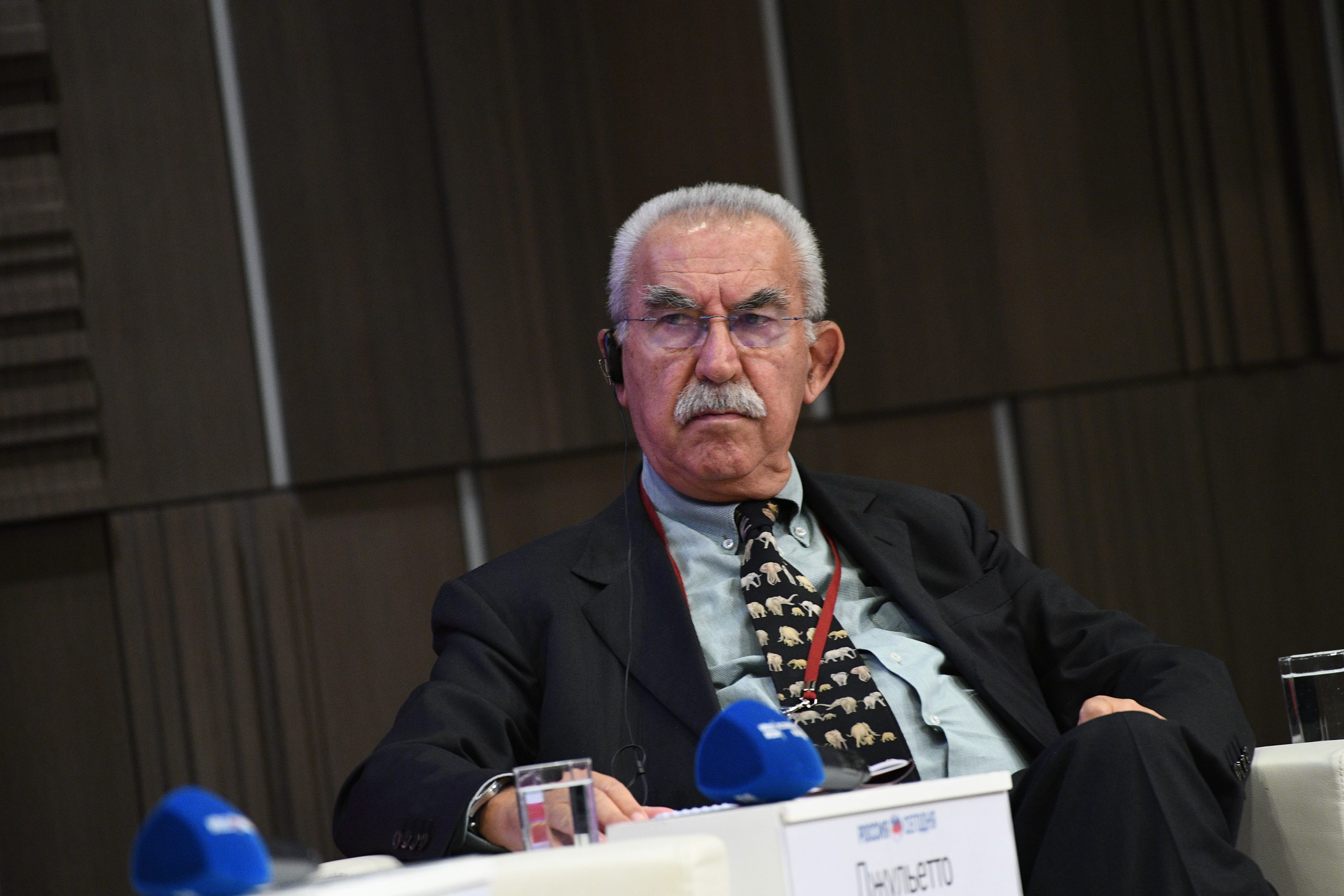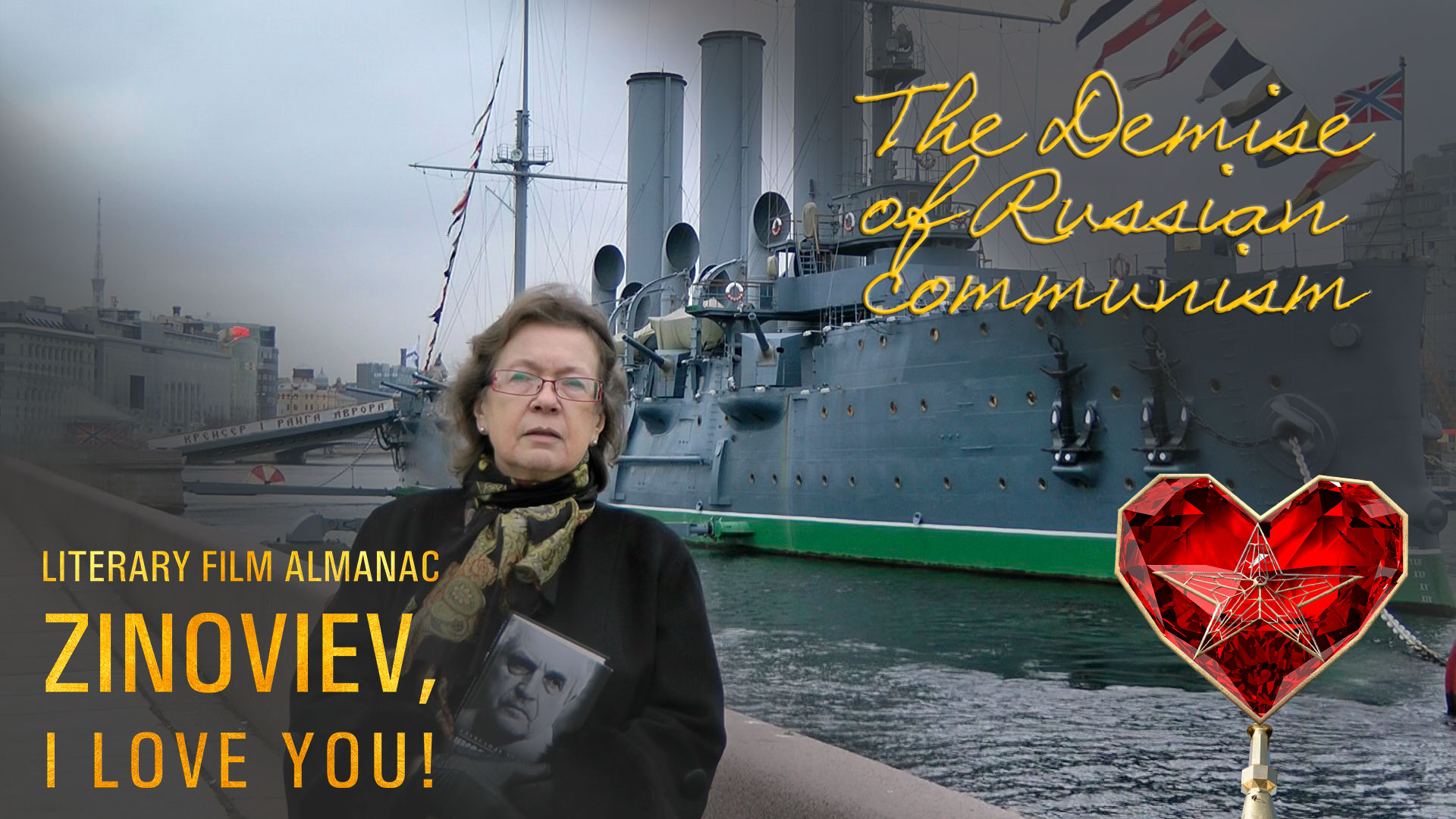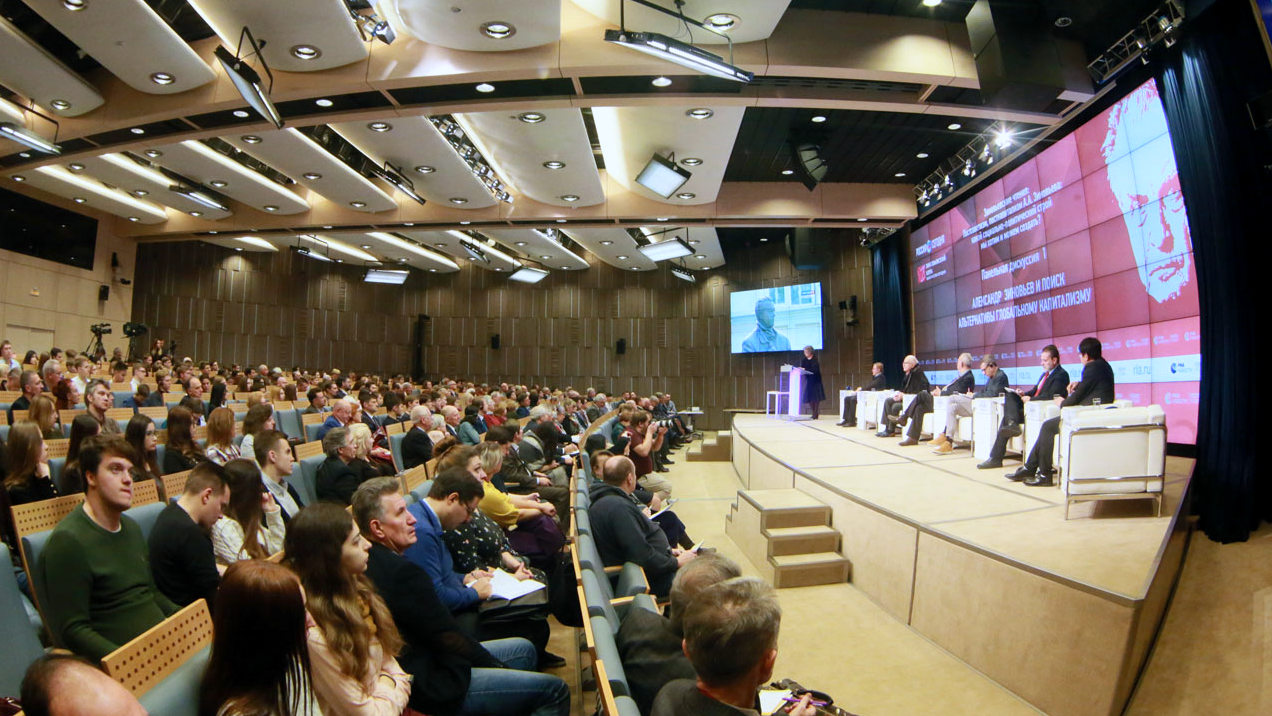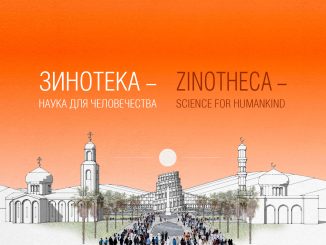
“It is only now the Russian reader begins to comprehend the true scale of Giulietto Chiesa — after his death. He was a close friend of Alexander Zinoviev since the beginning of the 80s. This friendship was no accidental episode in the lives of these outstanding and critical personalities. They were one in their concerns about the fates of Russia and the European civilization”, says Vladimir Lepekhin, Russian journalist and philosopher, connoisseur of the oeuvre of Giulietto Chiesa.
“Giulietto Chiesa was a frequent guest in Russia and spoke often on Russian TV. His evaluation of the situation in our country and in the world was so adequate and objective that it has become an integral part of the Russian political and journalistic landscape. To me, Giulietto Chiesa was Ernest Hemingway in journalism. The similarities between both authors lie not in their productivity, creativity and fame, but rather and primarily in the integrity of their worldviews and principal positions they took in life.
Throughout all of his life, Hemingway has been an active and voluntary participant in all the great wars: WWI, the Spanish Civil War, WWII. His position was always that of a staunch anti-Nazi. In all of his works and in his volunteering he demonstrated outstanding human qualities. Chiesa and Hemingway were two of a kind. Giulietto Chiesa has been a communist in his younger years, he always understood and supported the Soviet Union and Russia, and remained so until his very end. He has always been at the forefront, fighting a fight against the crimes against humanity.
The position Giulietto Chiesa took in journalism, politics and analytics has never been opportunistic. On the contrary, he always swam against the tide — against the growing anti-communism and Russophobia in Europe, in particular. His position was absolutely honest. He was by no accident one of the first, along with Alexander Zinoviev, who doubted, with facts and arguments provided, the official explanation on the September 11 attacks in New York”.
Giulietto Chiesa has always been a consequent anti-globalist, especially in his later years. 2014, after the successful Nazi coup in Kiev, backed by Western Intelligence, the whole “civilized” and “democratic” Europe took an aggressive stance and declared economic sanctions against Russia. Back them Chiesa was one of the very, very few European journalists not to succumb to Russophobia. Moreover, he shared with Russia all the undeserved spits and kicks coming from the global banking oligarchate and its lackeys. Over the past few years, Chiesa has patiently and professionally explained the criminal nature of modern global capitalism, including the unjust attitude towards Russia (as a country, that defeated Nazism 75 years ago and opposes neo-Nazism today), to the European reader and viewer.
At the same time, one can by no means accuse the Italian journalist of special sympathies towards the Kremlin or modern Russian elites. Chiesa was known for criticizing many Russian officials and oligarchs, rightfully considering them to be part of the transnational apparatus of power. He was on the side of the peoples — Italian, Russian and all the others, who are struggling for a high culture, for an education of quality and for real democracy. There are few journalists in the world, who have resisted the increasing of censorship and the desire of shadow criminal clans to impose a new digital world order with the same passion Giulietto Chiesa did. It was for this purpose he took charge of the international anti-globalist association “MegaChip”.
In 2016, Giulietto Chiesa gratefully accepted our invitation to join the international committee of the MIA “Rossiya Segodnya” Zinoviev Club — the most consistent and authoritative public intellectual platform in Russia, that promotes an independent public position on contemporary key issues in the information field.
According to Chiesa himself, he joined our Club and actively participated in its work due to the Club’s main goal being the “formation of a fair image of Russia in the world”. This very goal was confluent with the views of the Italian internationalist journalist on what should be the main credo of any straightforward person, especially journalists. A heightened sense of justice was the core of Giulietto Chiesa’s worldview, and it is that, what was so dear to all of those, who knew him well and appreciated him.
Truly, it is only today we start to genuinely and fully comprehend the scale and true meaning of this personality. We all will seriously miss him — our Italian friend Giulietto Chiesa.



